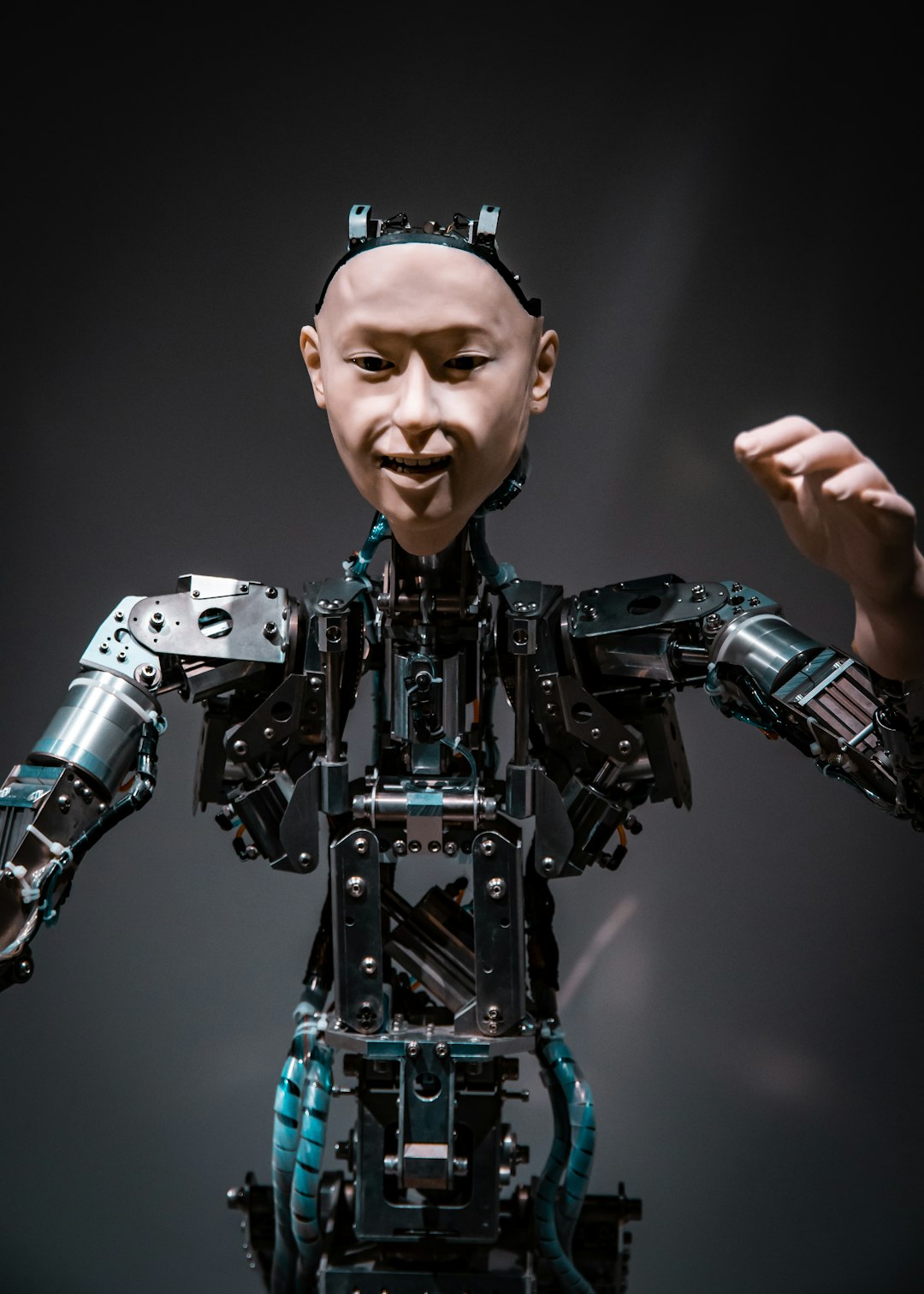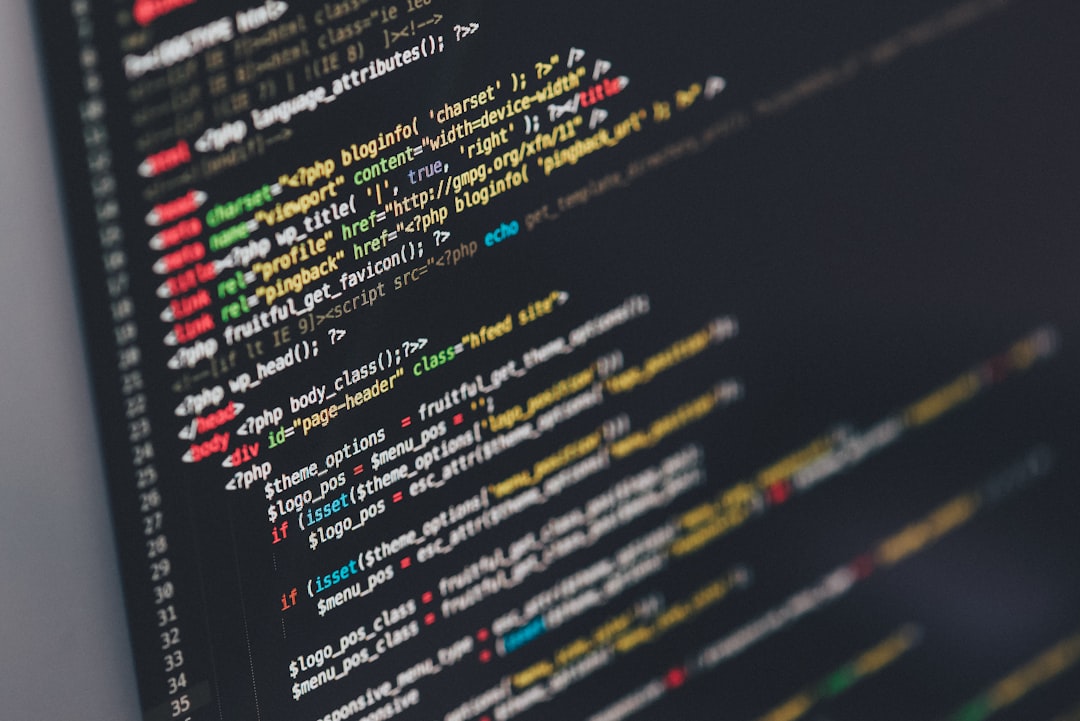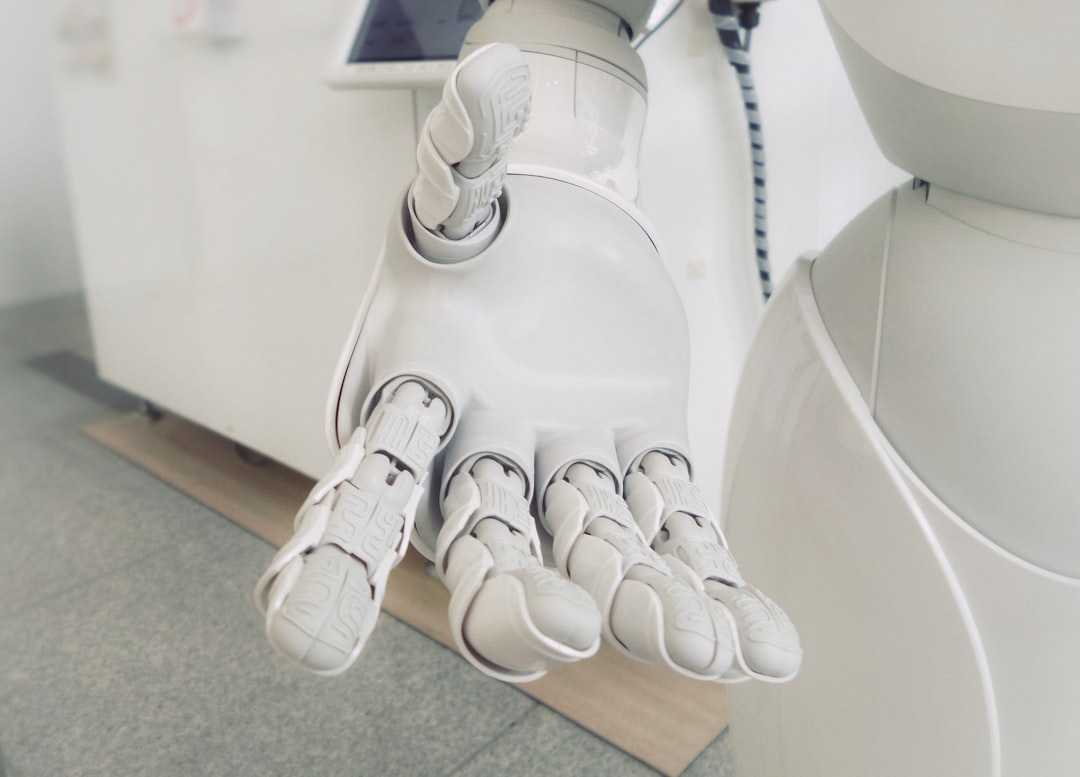The Rise of AI: Transforming the Future of Work
How Artificial Intelligence is Shaping Tomorrow's Job Market

The Dawn of AI: A New Era
Artificial intelligence (AI) has progressed from science fiction to a reality that is reshaping industries across the globe. From healthcare to finance, AI is being integrated into various sectors, promising increased efficiency and innovation. The rapid advancement of AI technology is not only changing how businesses operate but also influencing the job market in unprecedented ways.
AI and Automation: Redefining Job Roles
One of the most significant impacts of AI on the job market is the automation of routine tasks. Jobs that involve repetitive tasks, such as data entry and administrative work, are increasingly being handled by AI systems. This shift is leading to a transformation in job roles, where employees are now focusing on more complex and creative aspects of their jobs. While this may lead to the displacement of some roles, it also creates opportunities for new, more sophisticated positions.
The Emergence of New Professions
As AI continues to evolve, it is giving rise to entirely new professions. Roles such as AI specialists, data scientists, and machine learning engineers are in high demand. These new jobs require a unique set of skills and expertise, often blending knowledge of computer science with domain-specific insights. As a result, educational systems are adapting to prepare the workforce of the future, emphasizing STEM (Science, Technology, Engineering, and Mathematics) education and continuous learning.
The Ethical Considerations of AI in the Workplace
With the integration of AI into the workplace, ethical considerations have become more prominent. Issues such as data privacy, algorithmic bias, and the potential for job displacement need to be addressed. Companies and policymakers are working together to create guidelines and regulations that ensure the ethical use of AI, balancing technological advancement with the protection of workers' rights.
Preparing for an AI-Driven Future
To thrive in an AI-driven future, both individuals and organizations must be proactive. For individuals, this means developing new skills and being open to lifelong learning. For organizations, it involves investing in AI technologies while also fostering a culture of innovation and adaptability. By embracing these changes, the workforce can leverage AI to enhance productivity and drive economic growth.
Conclusion: Embracing Change
The rise of AI is an inevitable part of our technological evolution. While it presents challenges, it also offers immense opportunities for growth and innovation. By understanding and adapting to these changes, we can shape a future where AI and human ingenuity work hand in hand to create a more efficient and dynamic job market.





